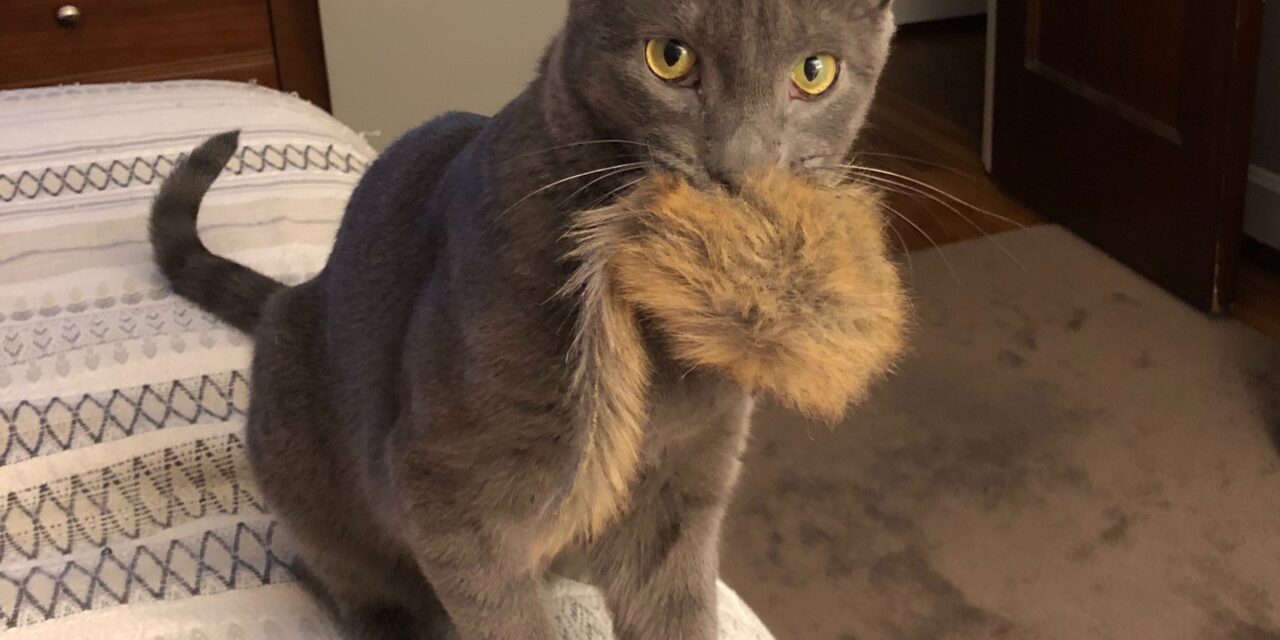by Judith Fales
Do you have a pet? Was your pet with you during Covid? If so, you already know how much our pets help us through life’s toughest times. Our pets give us unconditional love and companionship, only asking that we feed them, help them stay healthy, and give them love. But did you know that pets keep us physically and mentally healthy?
The Harvard T.H. Chan School of Public Health recent program about how animals can impact human health featured Dr. Megan Mueller, Associate Professor of Human-Animal Interaction, and developmental psychologist at the Cummings School of Veterinary Medicine at Tufts University. Also featured was Dr. Beth Frutes, Clinical Assistant Professor at the Harvard Medical School and a lifestyle medicine specialist. Both have dogs and both study the science behind the health impacts for humans of having pets such as dogs, cats, guinea pigs, horses, rabbits, llamas, and others.
Aside from nonjudgmental emotional support, our pets contribute to the pillars of our physical health. Walking our dogs and playing with our pets helps us reach 150 minutes a week of moderate physical activity. Animals also help us make social connections. Annette Pinder, the owner and publisher of BHL, experienced that when she moved into a new neighborhood and began meeting her neighbors while out walking her dog. Petting an animal releases oxytocin, a hormone that makes us feel good and reduces stress. Exercising with our pets helps us sleep better, and when we think about good nutrition for our pets, we also think about our own nutritional needs. Our pets even help us avoid risky substances. After all, we don’t want to smoke around either children or animals.
Increasingly, animals are being used for therapy. Harvard medical students have dog play dates to reduce their stress. Therapy with dogs, guinea pigs, and other animals help us stay in the moment, fostering mindfulness, another stress reducer. Pets visit prisoners, hospital patients, and nursing homes residents, including those suffering from Alzheimer’s and nearing the end of their lives. Pets also help individuals with substance use disorder and mental health issues. Riding specially trained therapy horses helps children with disabilities to learn trust, build core strength, follow multi-step instructions, and cope with high levels of sensory input.
Both women spoke about some of the organizations that focus on the human-pet connection. For example, Companions and Animals for Reform and Equity (CARE) bridges the gap between animal welfare and marginalized communities. Focused on both human and animal well-being, CARE also highlights housing, health, and economic issues that affect both humans and animals, and addresses the 6 million pets left at any given time in shelters. At another organization, Pet Partners, animal-assisted intervention specialists provide emotional support to individuals in hospital recovery, those with intellectual disabilities, seniors living with Alzheimer’s, veterans with PTSD, individuals who have suffered a crisis, and those nearing end of life.
I know my cat helped me survive my husband’s death, and then living alone during COVID. I had no idea how many other ways he helped me.












